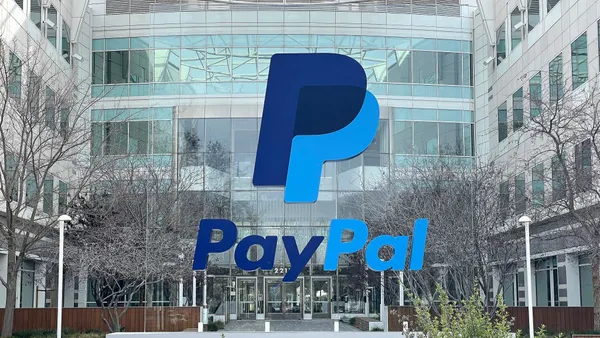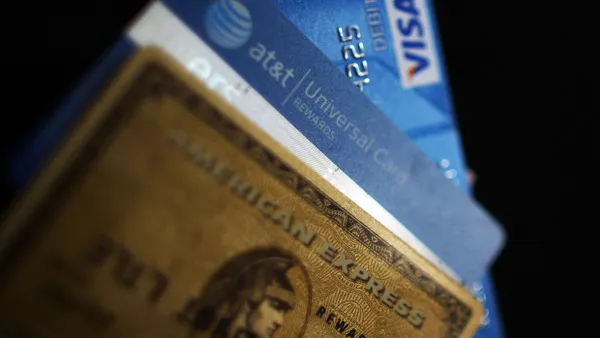A national trust banking charter would let the digital payments giant Stripe offer banking services while sidestepping certain regulations, an advocacy organization opposing the payment provider's charter application argued in a letter to the Office of the Comptroller of the Currency earlier this month.
The National Community Reinvestment Coalition also said in the letter that the charter would give Stripe legitimacy that it does not deserve, pointing to the fintech’s history of legal trouble. Stripe, which acquired a stablecoin infrastructure company called Bridge earlier this year, proposes to name the bank Bridge National Trust.
“The OCC must reject Stripe’s application for a national trust bank charter due to serious concerns regarding Stripe’s disregard for enforcement, governance, compliance, and consumer protection laws,” said the Nov. 13 letter, which is addressed to Sebastian Astrada, the agency’s director for licensing of novel banks.
The NCRC is a coalition of hundreds of U.S. community-based organizations which run the gamut from faith-based nonprofits to social justice advocates. The organization posted the letter on its website Tuesday.
Bridge, a stablecoin infrastructure company Stripe closed on purchasing this year it would buy for $1.1 billion, applied for the charter in October. The charter would give Bridge and its parent company the right to provide custody, stablecoin issuance, and management of stablecoin reserves within a federal framework, rather than through state-to-state money transmitter licenses.
Spokespeople for Stripe did not respond to messages seeking comment about the NCRC’s letter. If the charter is approved, Bridge would form the Bridge National Trust Bank, to be headquartered in New York City, according to the Oct. 14 application.
Stripe CEO Patrick Collison co-founded the company along with his brother John Collison, who is president of the business.
“We’ve long believed stablecoins will be a core, regulated building block,” Bridge co-founder Zach Abrams wrote on the social media platform X last month. “This regulatory infrastructure will enable us to tokenize trillions of dollars and make this future possible.”
The crypto firms Circle Internet Group, Paxos Trust, Ripple and Coinbase Global have also applied for charters through the OCC, although none of those applications have been approved yet.
With the trust, Stripe could also facilitate payments without supervision from the Federal Reserve, the NCRC said in its letter. “Granting these firms limited purpose trust charters would blur the statutory boundaries of what constitutes a bank, undermine the credibility of the national charter, and heighten systemic risk by allowing them to operate under a lighter regulatory regime,” the letter says.
The coalition also outlines some of the lawsuits and legal action taken against Stripe. In 2020, for example, the Massachusetts attorney general found Stripe had facilitated payments for a fraudulent cryptocurrency operation due to subpar risk monitoring and fraud prevention systems. The company agreed to pay $120,000 and improve its fraud control and employee training.
The letter also lists several lawsuits against the company alleging, among other things, that Stripe failed to ensure customer privacy and protect customer data.














